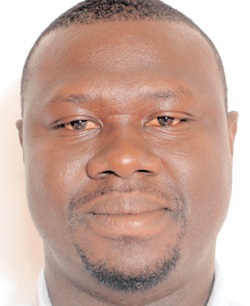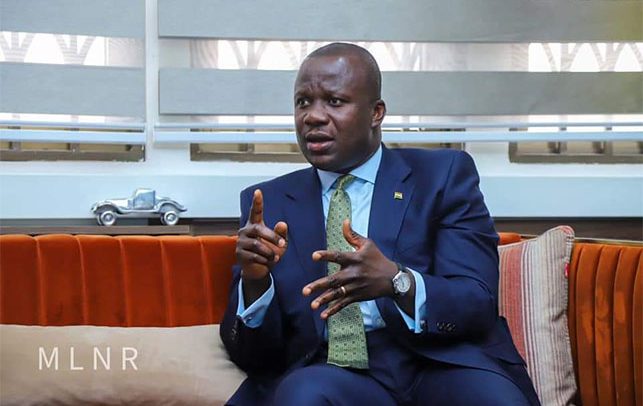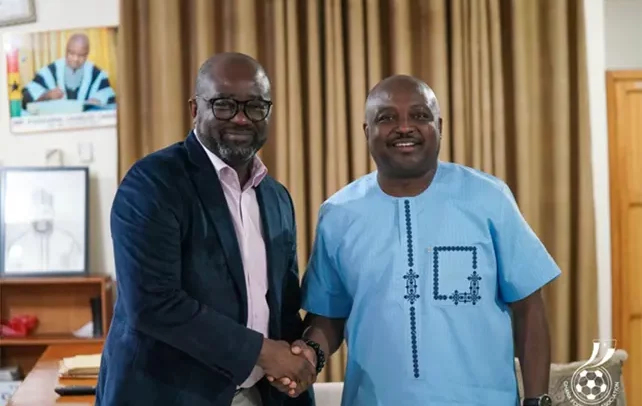
By its very name, the notion of a 24-hour-economy (henceforth 24HE) policy is accepted to mean an economic policy which emphasises continuous production of goods and services. This continuous production assumes that local and / or international markets for the goods and services already exist or that strident efforts will be made to find markets or instigate demand.
In the “FAQs on John Mahama’s 24 Hour Economy Strategy”, the NDC has outlined specific priority sectors for the 24HE. This list of sectors includes agro-processing, pharmaceutical and manufacturing industries.
Answering criticisms of the 24HE Policy
Two of the biggest criticisms of the 24HE Policy are the interrelated questions of purchasing power and demand. First, critics argue that strong purchasing power is required to fuel consumer spending to maintain production. Secondly, without adequate levels of demand to meet production, industries in a 24HE will oversupply and run at a loss.
To answer the above, first, the 24-hour production will target goods and services in which Ghana is a net importer. With the help of incentives, subsidies and finance, local production will aim to substitute for imported products. Secondly, the 24HE strategy will be heavily driven by exports with the aim to transform Ghana into an export-led economy. Finally, through the implementation of 24HE, jobs will be created which can improve the purchasing power of Ghanaians.
To get the 24HE operationalised, the government will introduce new policies and laws, tweak existing ones, and direct its public financial institutions such as Ghana Export-Import (GEXIM) Bank to offer financing to businesses that operate under the 24HE Policy.
Why GEXIM?
GEXIM has long standing experience in the value-chain financing of the productive sectors, having financed in the past, the primary production, processing, storage, manufacture, packaging and export of non-traditional agricultural and non-agricultural products. The Bank came to national attention when it positioned itself as the major financier of the 1D1F initiative of the previous government.
GEXIM is also a strong choice for the 24HE Policy because of its mandate, which is to make Ghana’s exports competitive and support directly or indirectly, Ghana’s international trade.
GEXIM also has a higher risk appetite than other Commercial Banks and is able to offer patient, long-term finance compared to other financial institutions. Typically, GEXIM will evaluate the developmental impact of projects that request financing.
Also, GEXIM focuses its financing on industries favoured by government industrial policy, plans or programmes, or deemed strategic for industrial development.
Additionally, GEXIM preferentially focuses on projects considered as catalysts for further development, such as infrastructure projects. It is expected that as the quality of infrastructure improves, capital will move to projects that utilise those infrastructures, thereby expanding industrial production and fostering firms’ competitiveness.
Finally, the President’s recent appointment of a team of highly qualified individuals and skilled strategists to lead GEXIM situates the Bank at the right position to power the 24HE Policy.
Learning from the Past
However, for GEXIM to successfully finance new or existing projects under the 24HE Policy, it has to acknowledge and be guided by lessons it has learnt from financing past projects.
The first lesson is that GEXIM has to adopt results-based financing mechanisms that link payments and disbursements to the achievement of pre-agreed results.
The second lesson is for adequate emphasis to be put on project design. This requires more rigorous risk analyses, appraisal and feasibility studies. Appraisals answer the question, “should it be done” while feasibilities answer the “can it be done” question. Objectives and scope, respectively, have to be clearly identified and delineated.
Third is capacity building. Here, GEXIM has to develop its in-house technical expertise to offer operational and technical support, and where necessary recruit more engineers and technical staff in-house.
Fourthly, GEXIM must provide more structured post-disbursement services to clients. This includes, in the case of small firms, helping with the resolution of their internal management problems, capacity building, providing support with quality standards, etc.
Fifth is understanding and timing investments (disbursements) to meet the business and operating cycles of clients’ businesses. Timely working capital disbursement helps clients to take advantage of in-season supply of raw materials and storing them for future, off-season use to reduce production costs.
Sixth, there has to be continuous emphasis on value chain investment. For example, it is not enough to focus financing only on raw material production without considering off-taker, marketing or export avenues. Likewise, focusing only on factory production or exports when the continuous availability of raw materials cannot be clearly confirmed can cause the project to fail.
Finally, GEXIM will have to strengthen its monitoring, evaluation and reporting systems to troubleshoot, track progress, identify areas for improvement, assess project effectiveness, hold promoters accountable, and generally allow evidence to guide decision making and ultimately produce better outcomes that advance the President’s vision.
BY EVANS A. GYAMPOH
The post GEXIM: Powering the President’s 24-Hour Economy policy appeared first on Ghanaian Times.
Read Full Story











Facebook
Twitter
Pinterest
Instagram
Google+
YouTube
LinkedIn
RSS